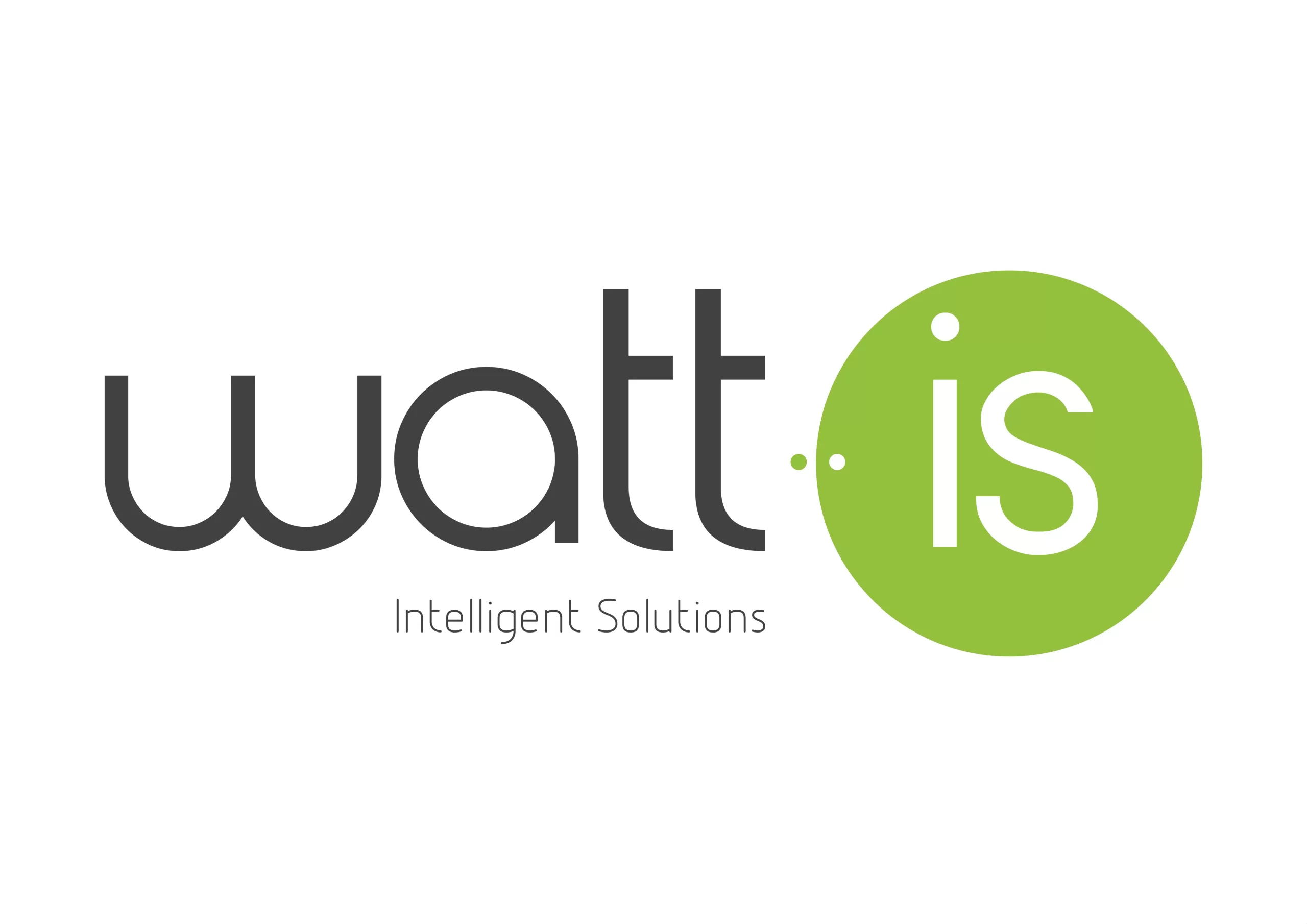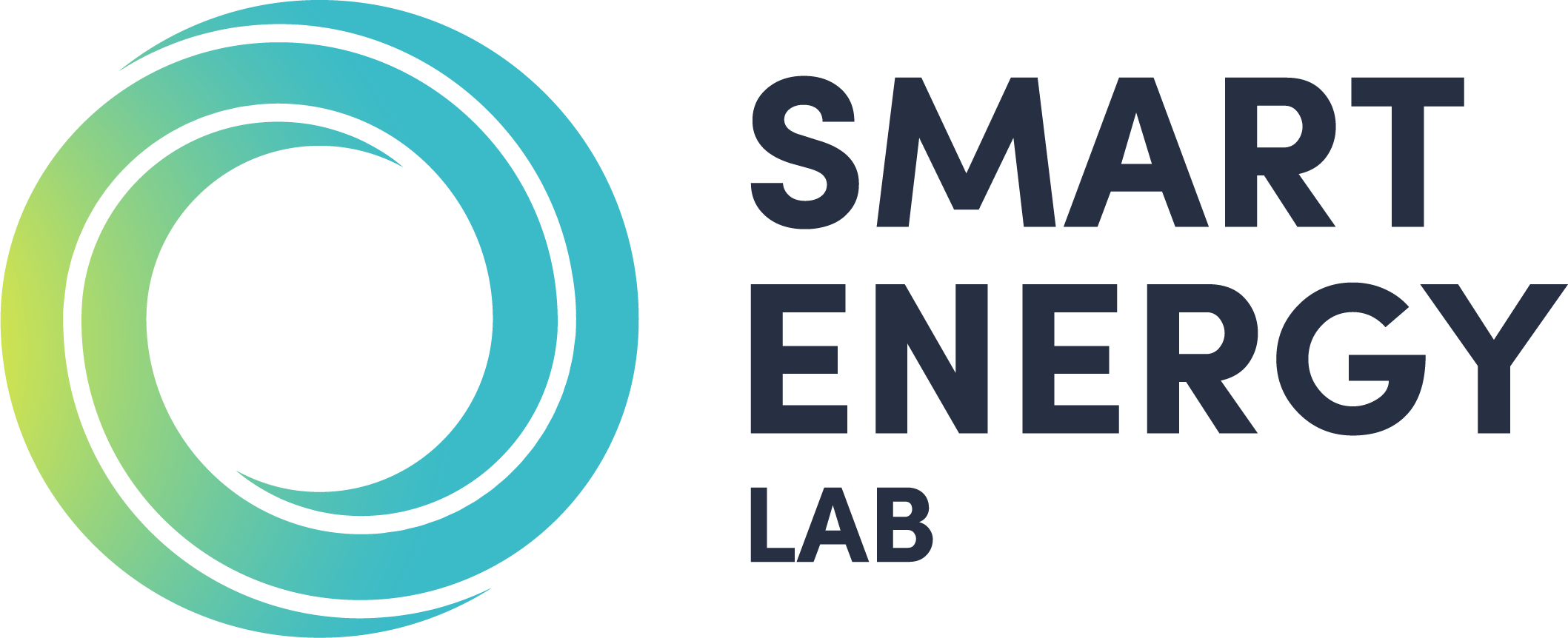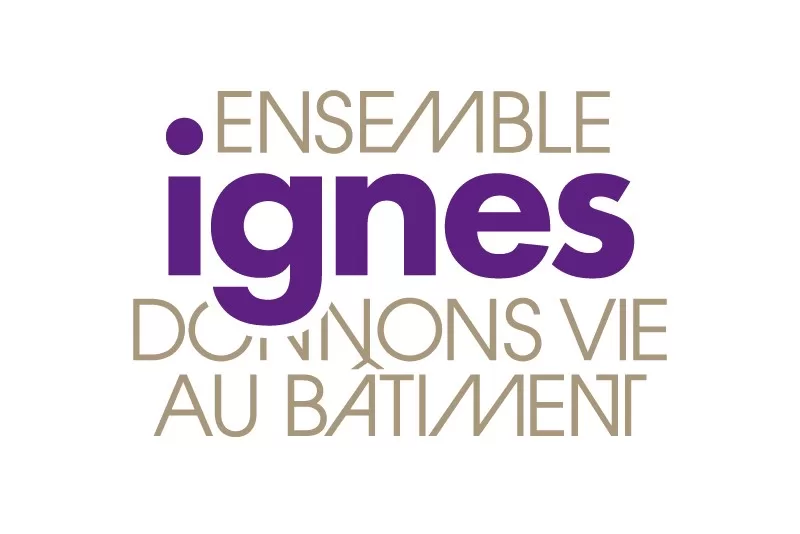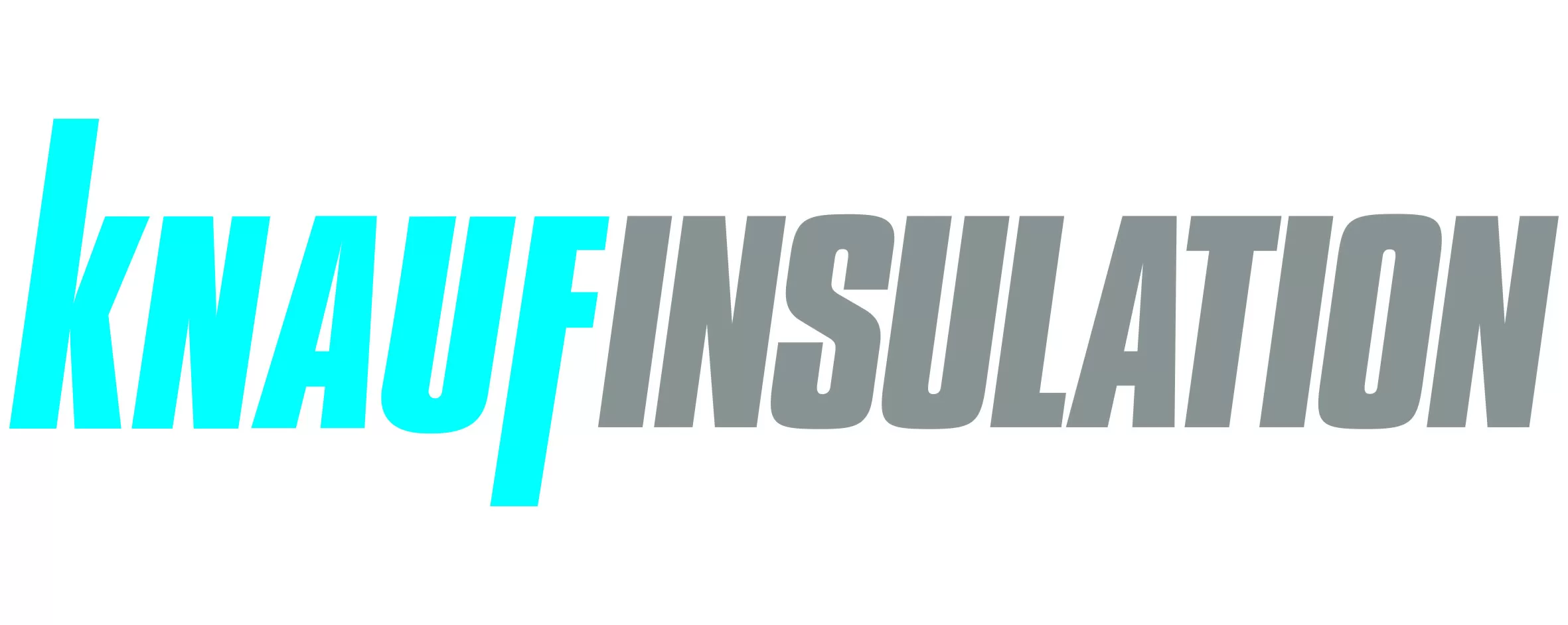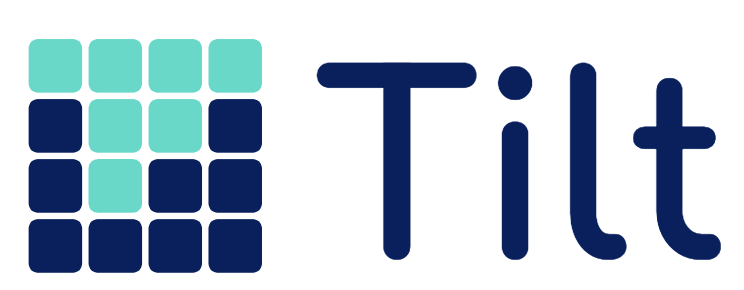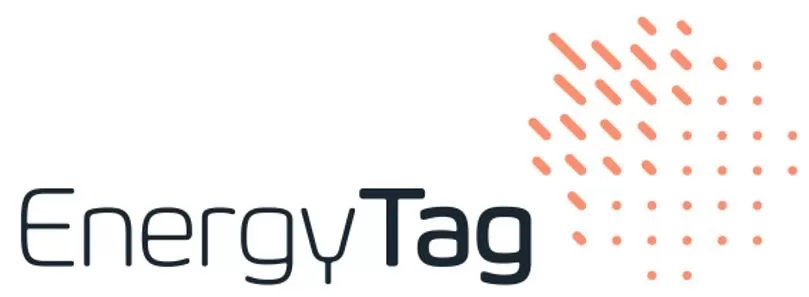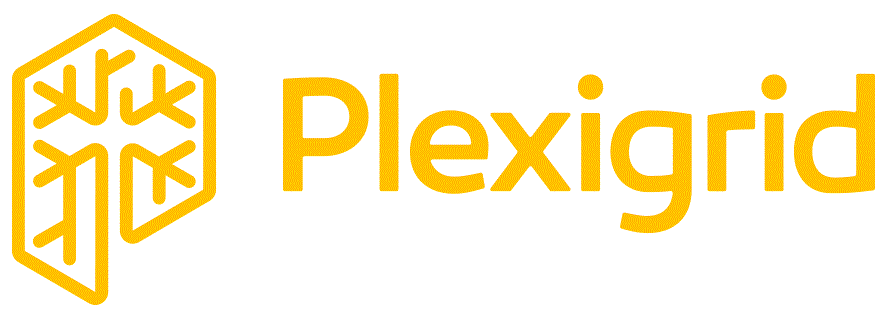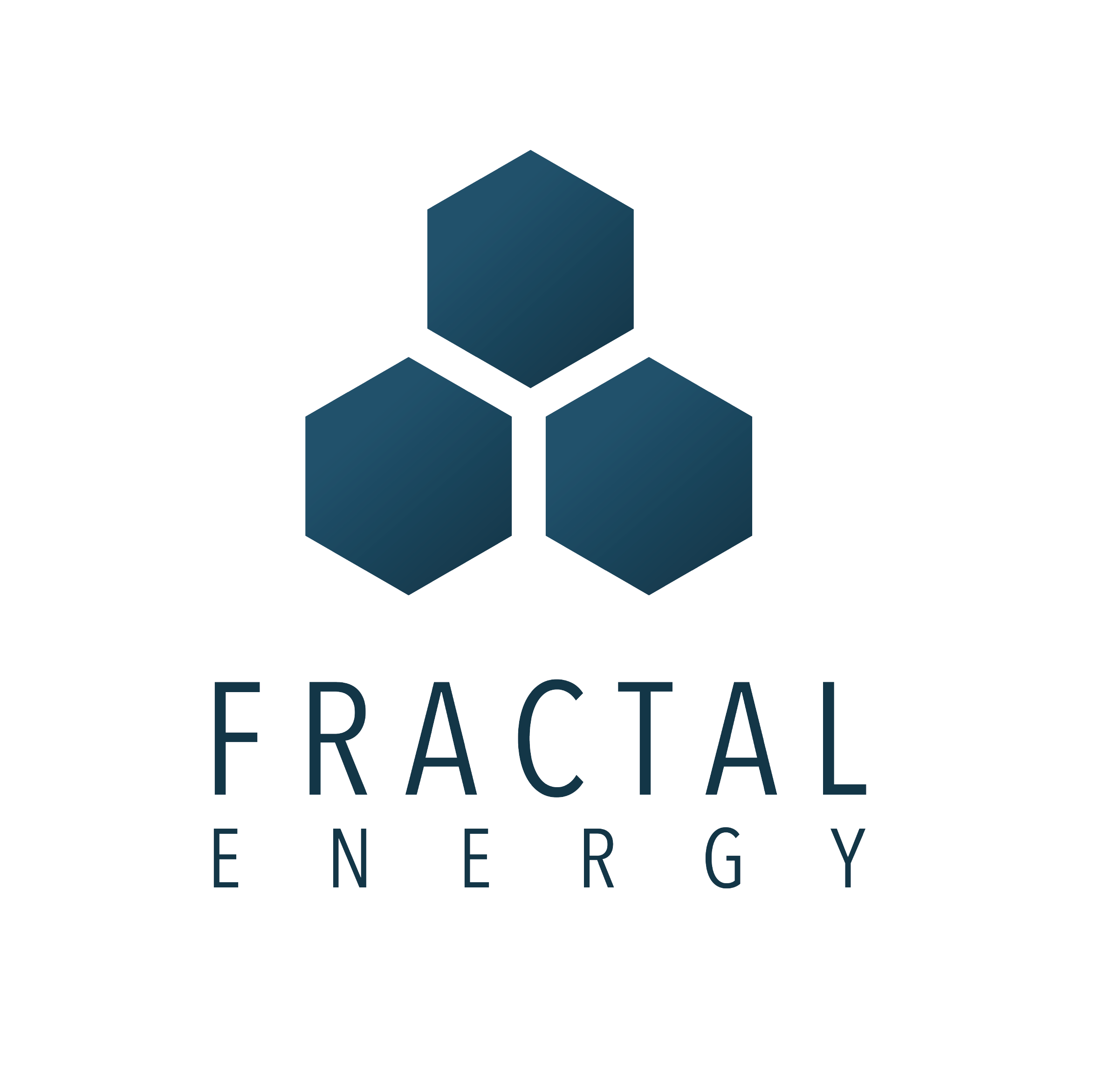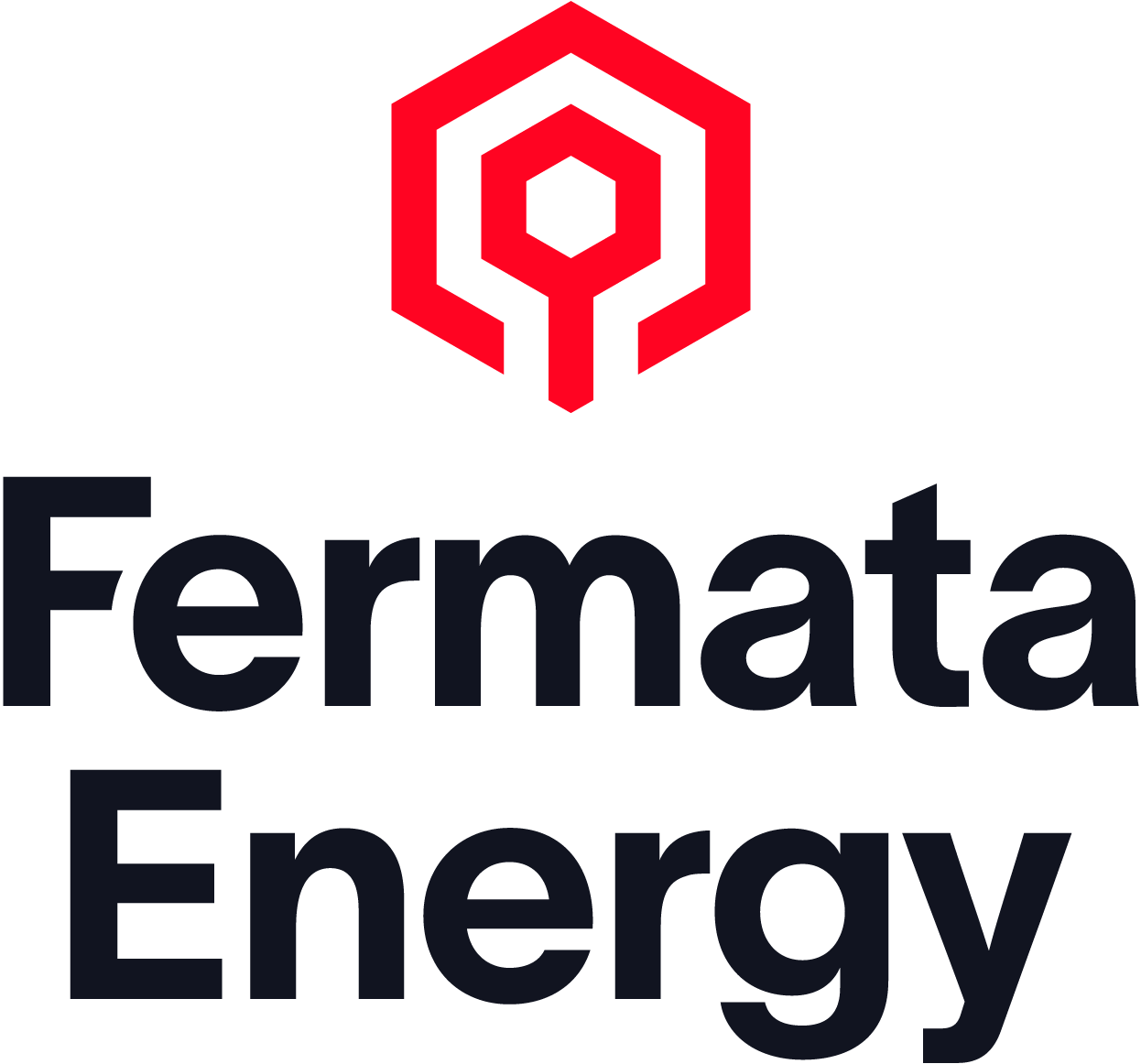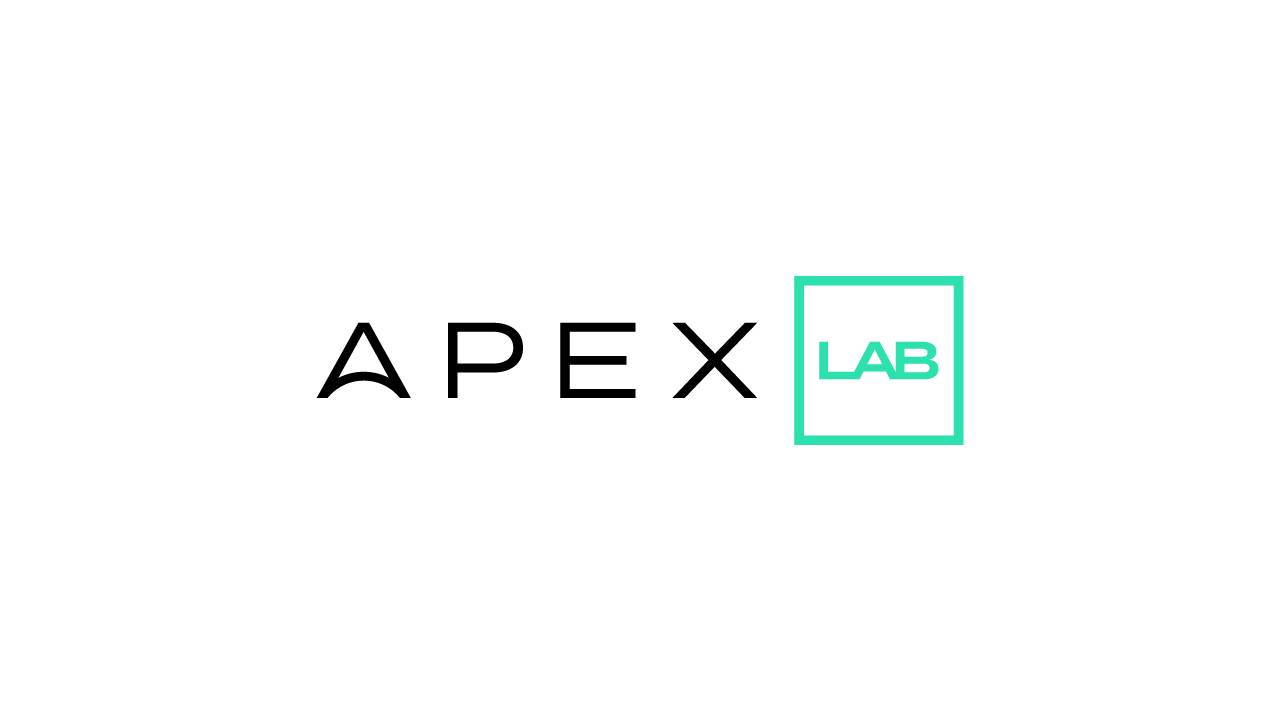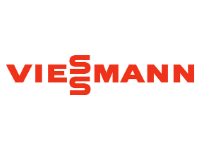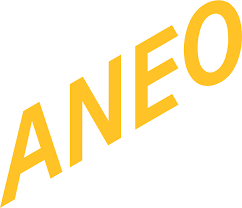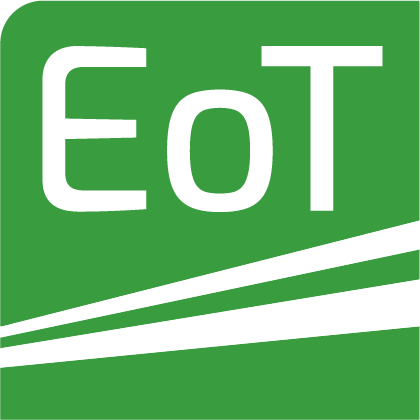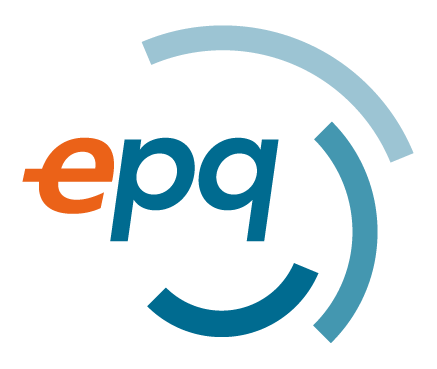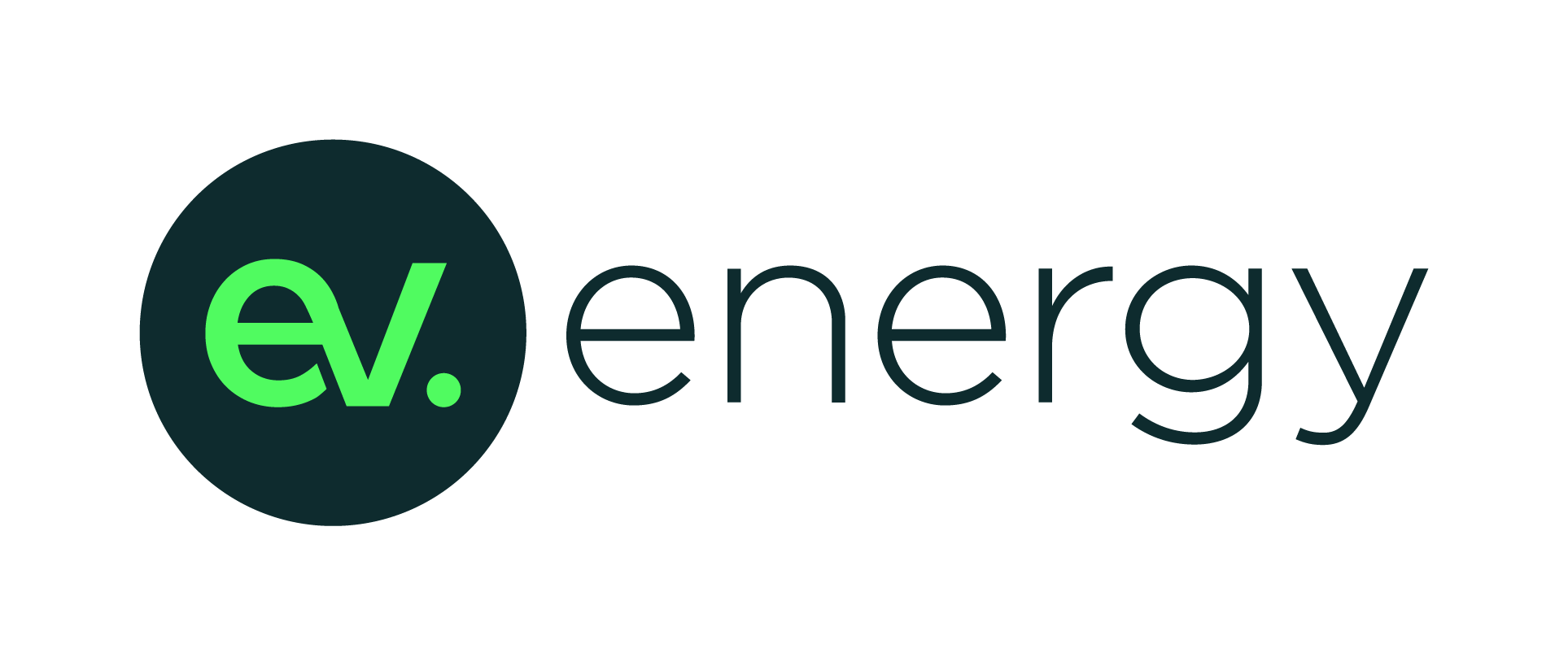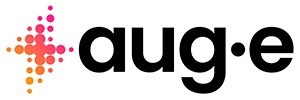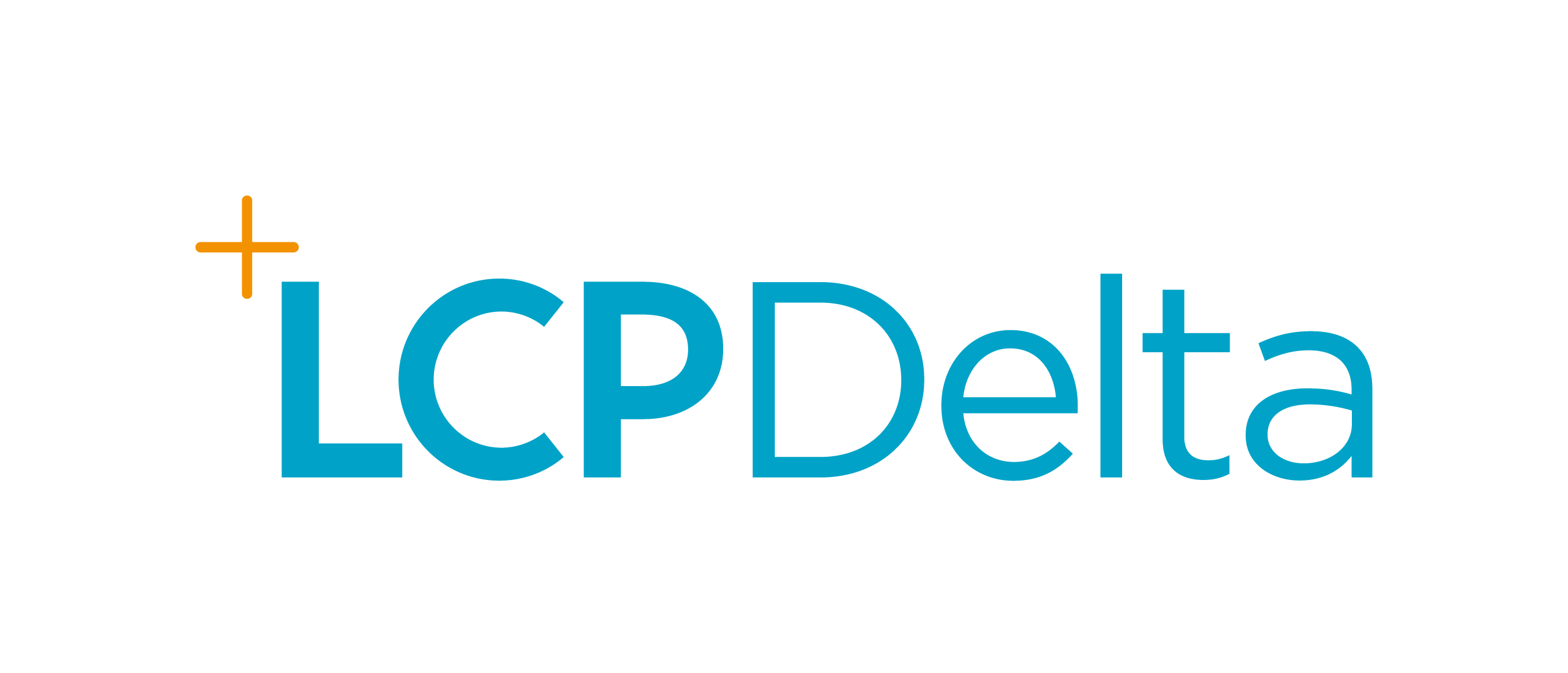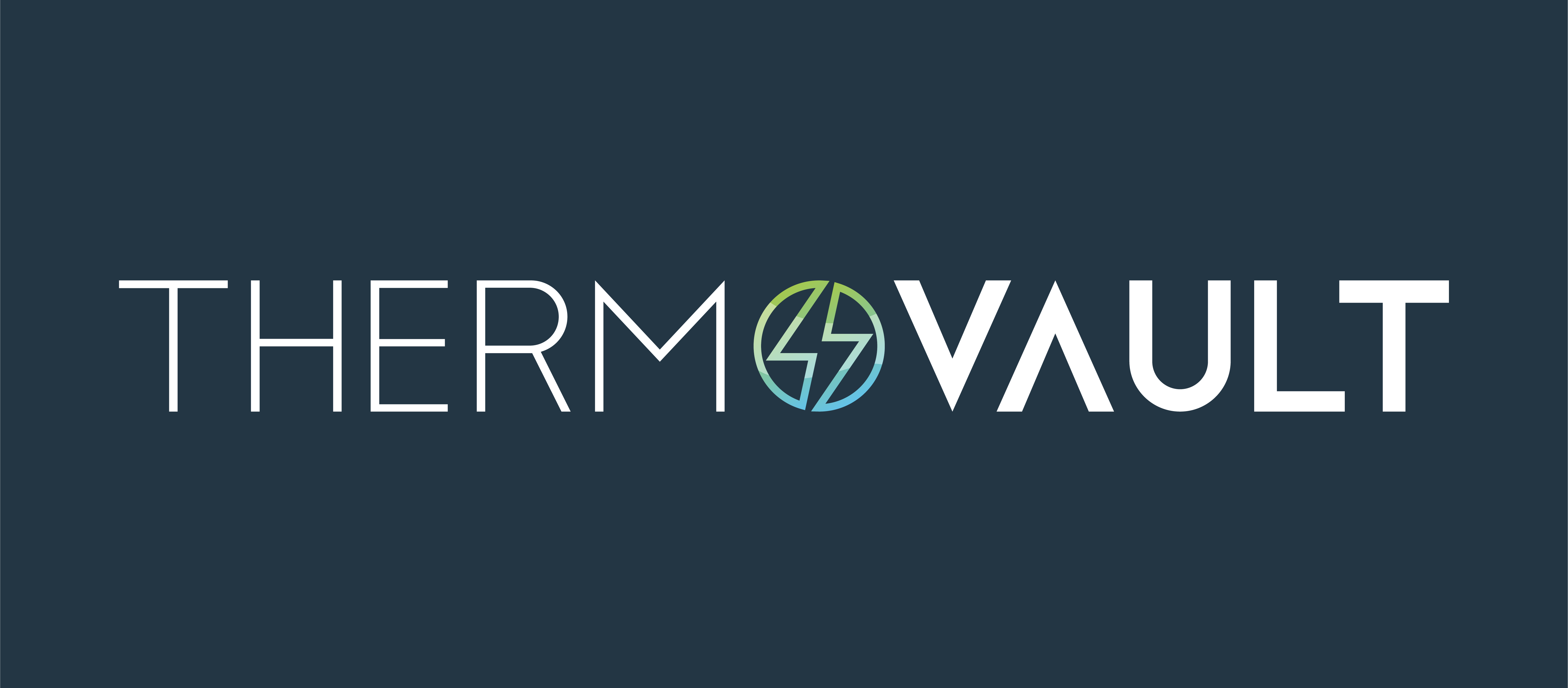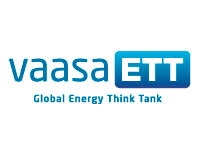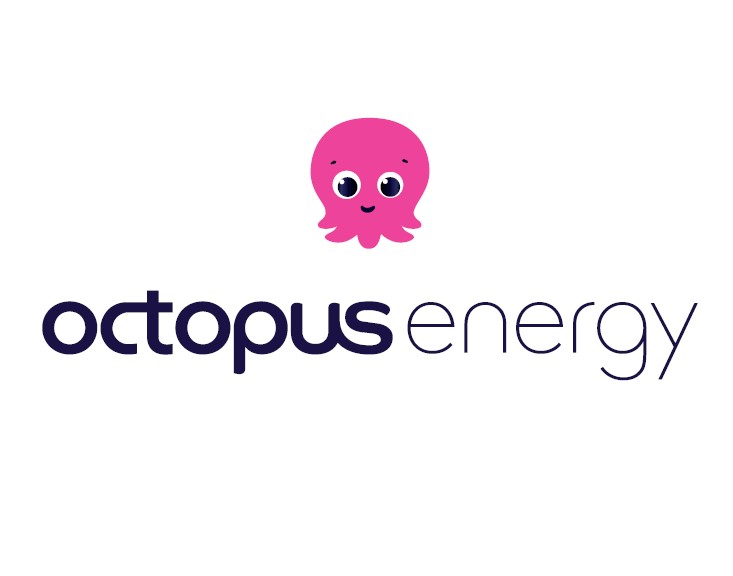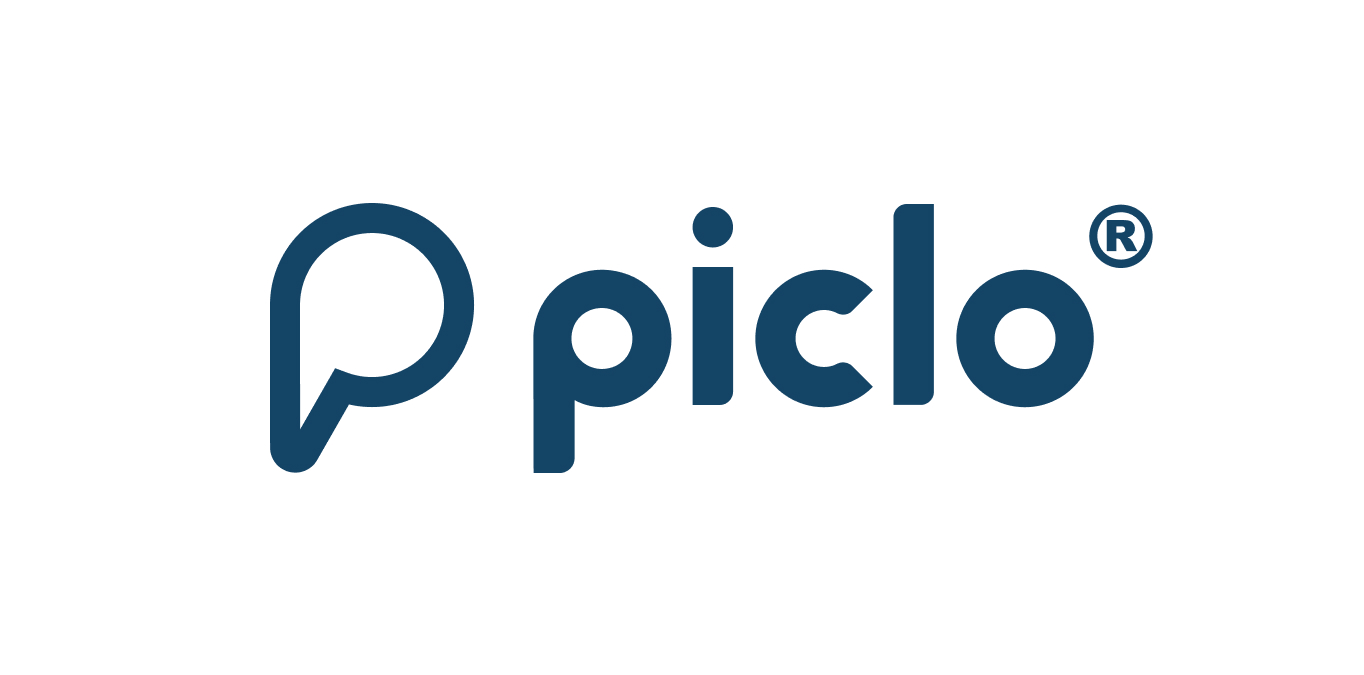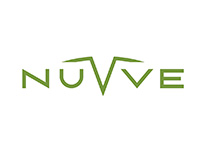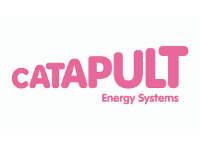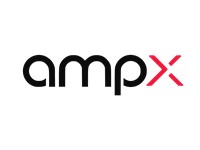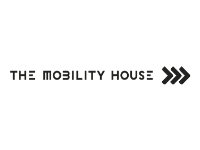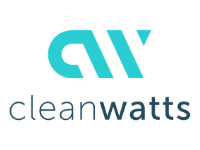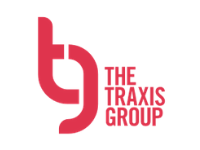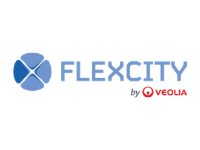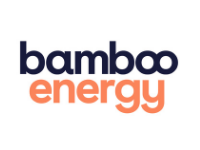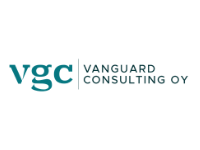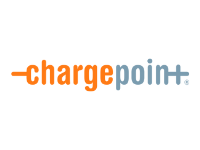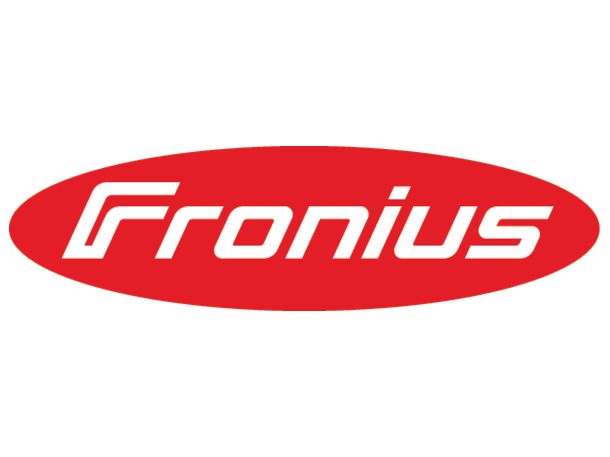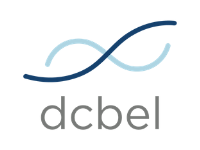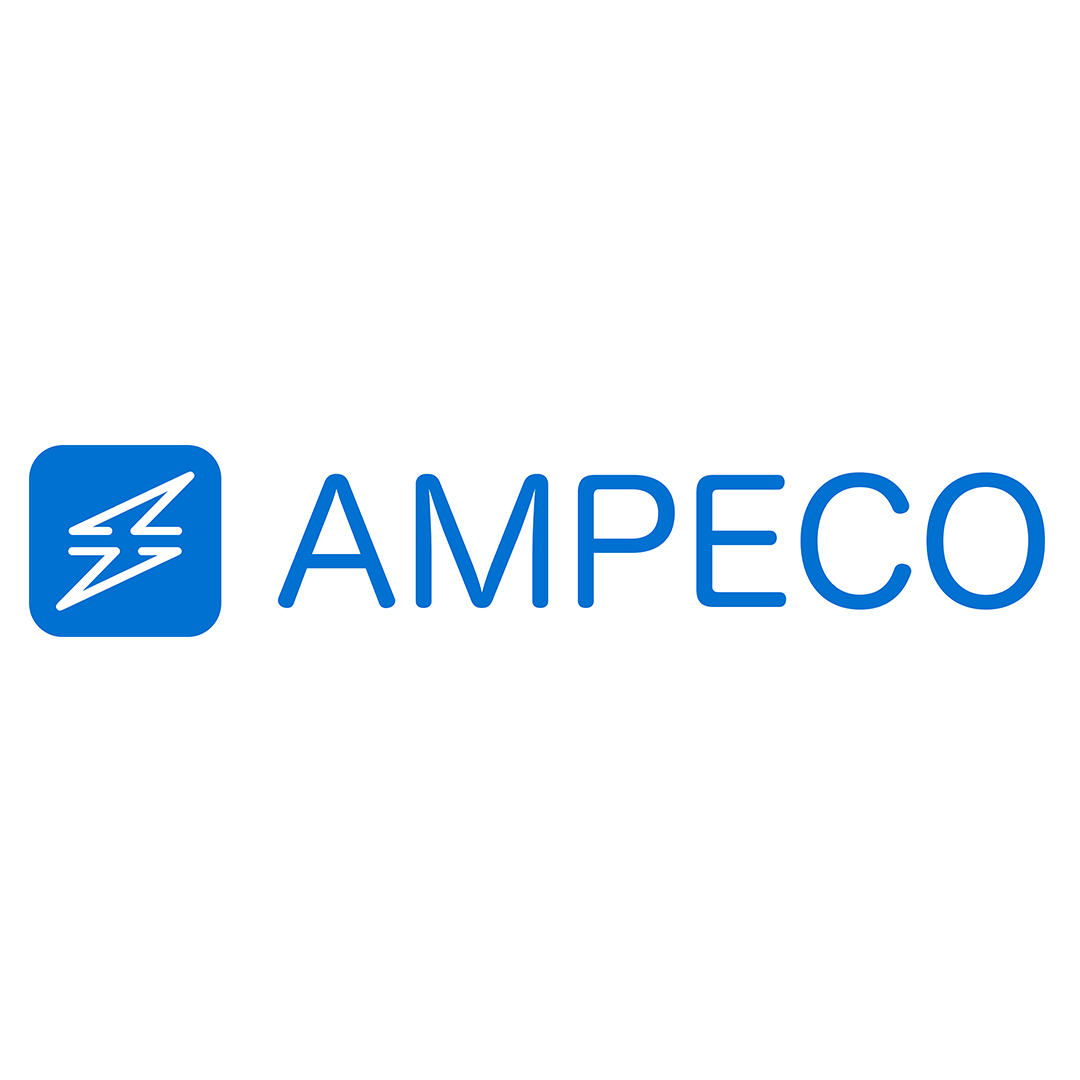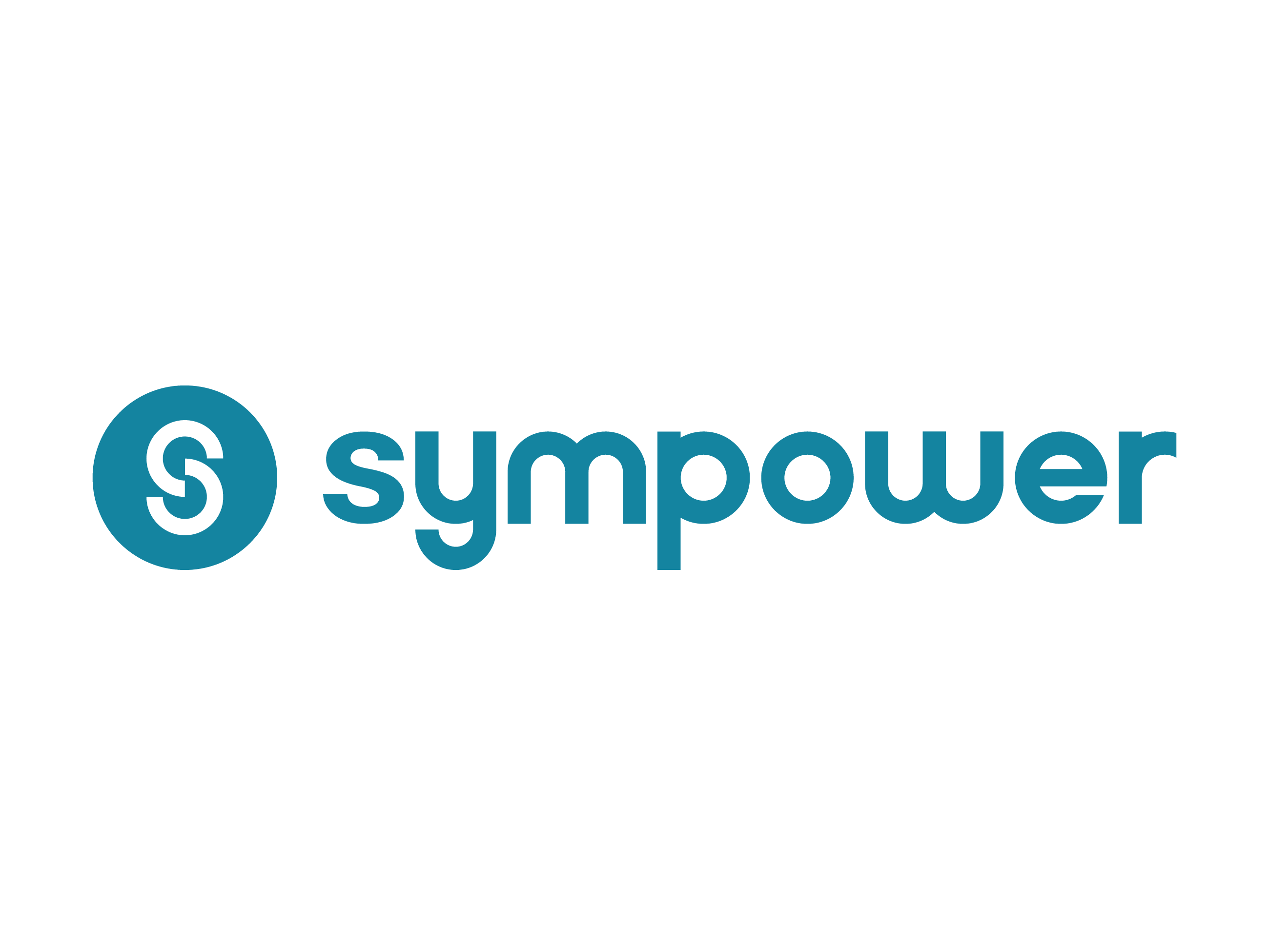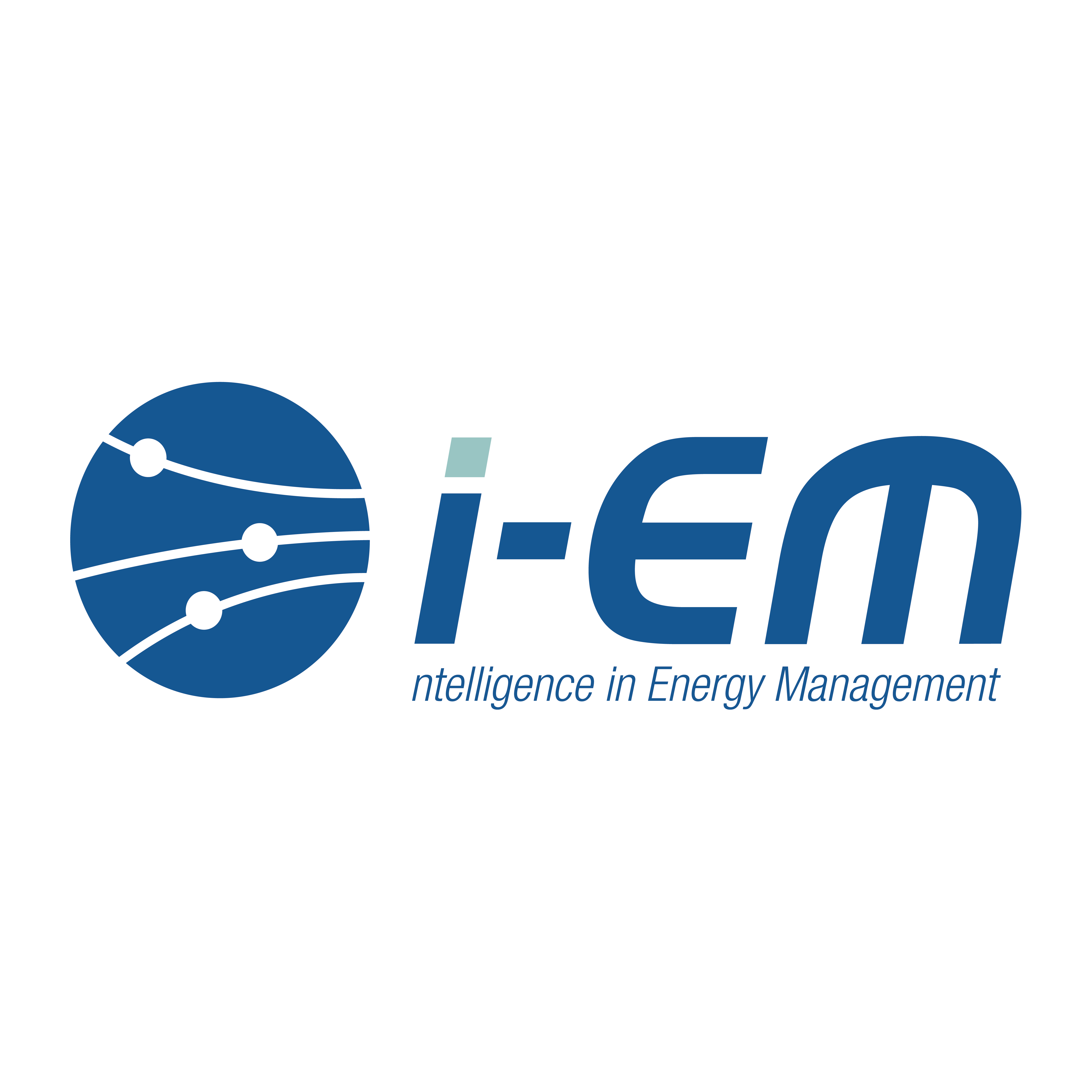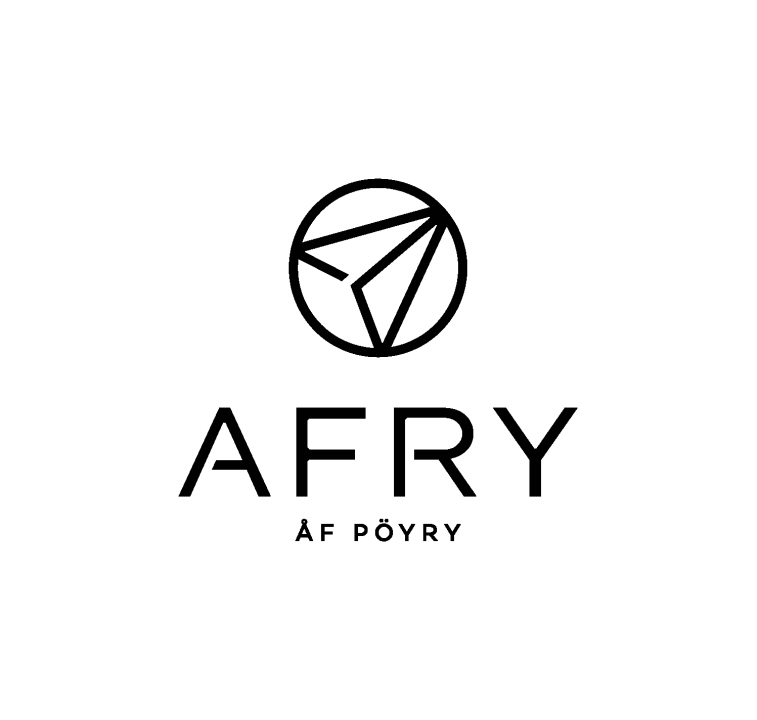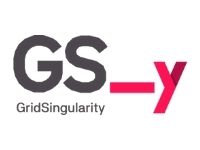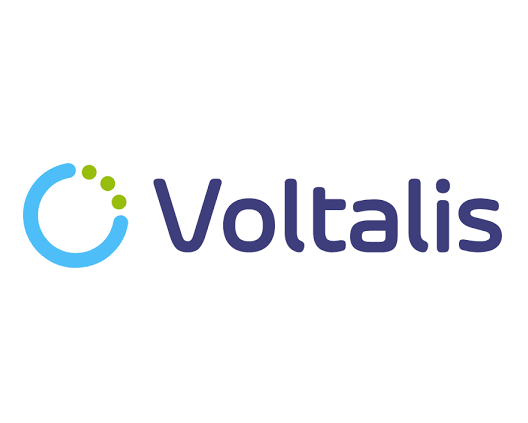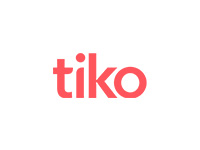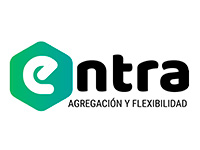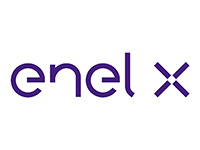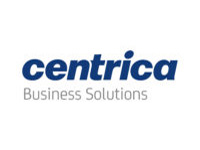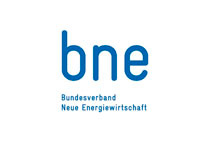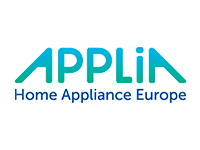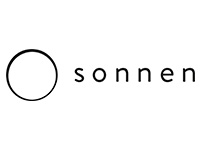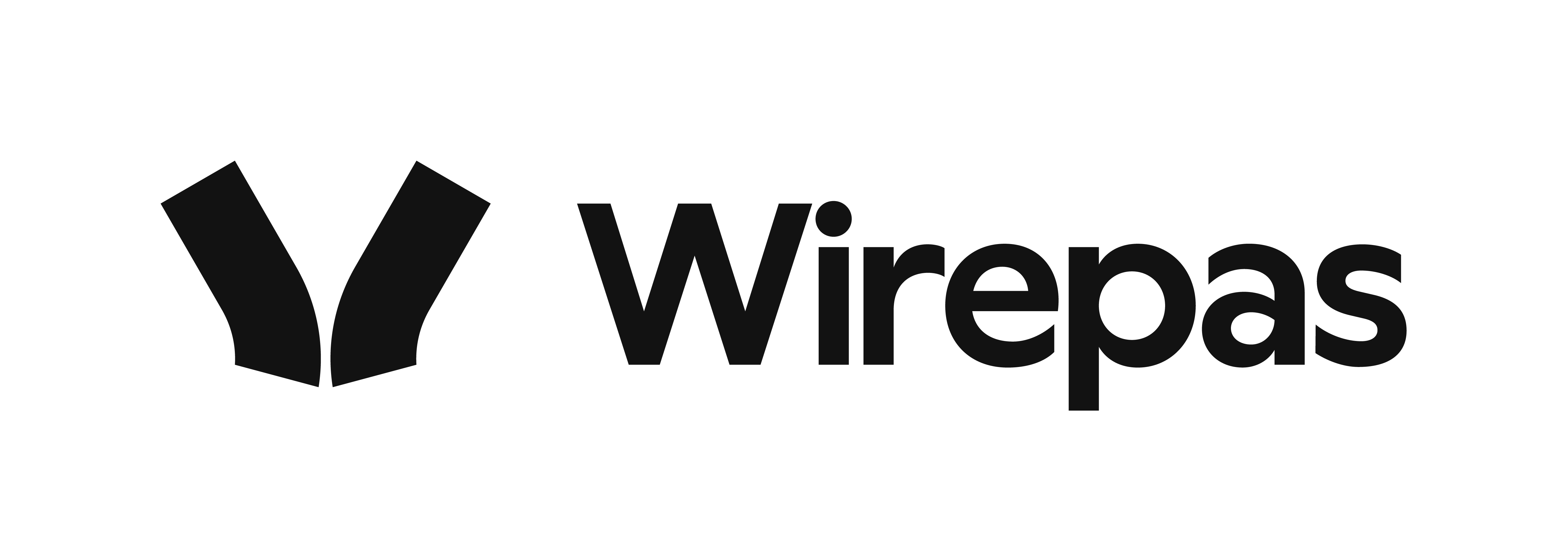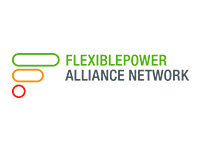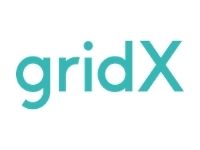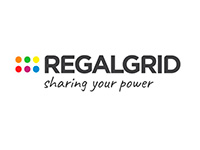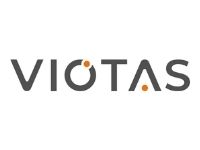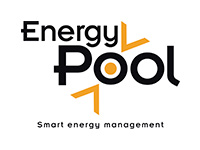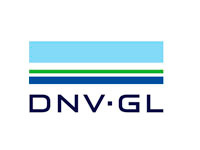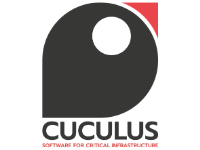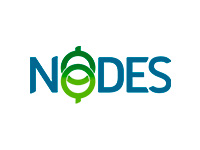The determination of the MEP Claude Turmes, the Danish Presidency and the Commission to conclude the negotiations with a meaningful Directive is major step forward
The path to reaching an agreement on the Energy Efficiency Directive introduced a year ago has been long and winding, but, thankfully, negotiations between the Council, Commission and the European Parliament were successfully concluded last month.
The Smart Energy Demand Coalition (SEDC) is encouraged to see the vital contribution of the Directive in enabling and promoting Demand Response in Europe’s electricity markets. Jessica Stromback, Executive Director of the SEDC, said, “significant progress has been made in the last weeks within the Energy Efficiency Directive and we are now hopeful of a positive vote in the Parliament’s next plenary session. Article twelve on demand response now contains meaningful language ensuring consumer access to the high monetary values within the electricity markets.”
Article 12 of the Directive calls on EU Member States to ensure that national energy regulatory authorities enable Demand Response to participate alongside supply in electricity markets and ensure that grid operators treat demand response providers in a non-discriminatory manner when meeting requirements for providing balancing and reserve services. The Directive also encourages Member States to remove disincentives in transmission and distribution tariffs that might hamper the participation of Demand Response in balancing markets and ancillary services procurement.
“These provisions are crucial requirements for creating the conditions necessary for an open and fair market where demand side resources can compete freely alongside supply, lowering costs for all energy users”, Stromback added.
Far from perfect – lacks consumer incentives says Landis+Gyr
The SEDC is also heartened to see the Directive acknowledge the critical role of smart metering in delivering ‘Intelligent Efficiency’. “Article eight of the amendment guarantees consumers will receive accurate and informative bills made possible by smart meter systems,” Stromback stated.
However, John Harris, Board member of the SEDC and Head of Governmental Affairs for Landis+Gyr, said the amendment was weak regarding smart meters: “The definition of smart metering is broad enough to mean almost anything the Member States want – or do not want. By not narrowing the definition we risk installing electronic meters that do nothing other than record consumption as dumb meters do now, and that add no value to energy efficiency.”
Harris warned that the amendment does not ensure that consumers have access to more energy consumption data: “The objective is clear: we need people in Europe to become more energy efficient. But you cannot expect them to change their behaviour and to use less energy or shift consumption to off-peak times unless you give them the information – and the pricing and automation tools – to do so.”
The Directive has been one of the most hotly contested EU legislative texts concerning energy. Per Ms. Stromback, “It is testimony to the determination and ambition of MEP Claude Turmes – the European Parliament’s rapporteur on the Directive – and the Danish Presidency that negotiations were concluded last month with a result that exceeded the expectation many insiders had earlier in the year. The Energy Efficiency Directive strengthens the policy framework which will enable Demand Response and ultimately deliver efficiency gains and consumer benefits.”
The SEDC looks forward to welcoming the Cypriot Presidency and hopes for a continued commitment to the progressive energy policies shown by the Danish Presidency. Making the right choices when it comes to smart metering and activating the demand side of the electricity value-chain will require continuing reforms to Europe’s regulatory structures.
About the Smart Energy Demand Coalition (SEDC)
The SEDC is an industry group, which represents the requirements of programmes involving smart energy demand in order to further the development of the Smart Grid and ensure improved end-consumer benefits.
The SEDC vision is to promote the active participation by the demand side in European electricity markets, ensure consumer benefits, sustainability, competitiveness and energy efficiency.
The SEDC focus is to promote Demand Side programmes such as peak clipping and shifting, energy usage feedback and information, smart home, in-home and in-building automation, electric vehicle charging management, and other programmes related to making demand a smart, interactive part of the energy value.
The views expressed in this press release represent the views of the SEDC as an organisation but not necessarily the point of view of any specific SEDC member.


